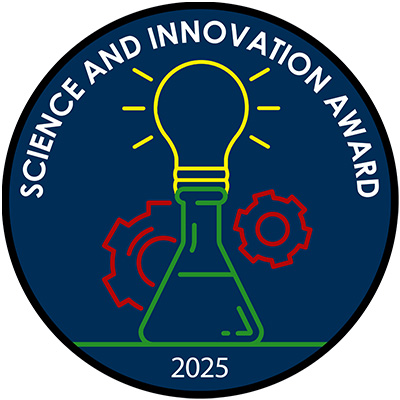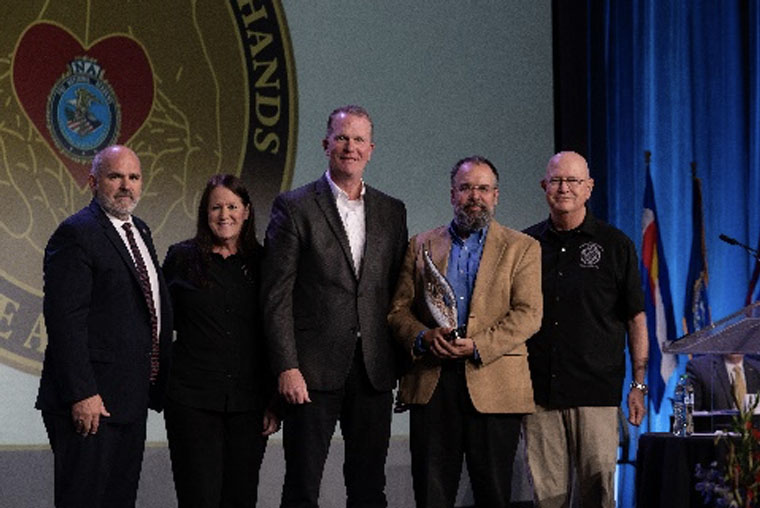
Our purpose is to recognize an individual, an agency, an entity, or a company that makes a significant contribution to the profession through the introduction of a new or vastly improved product, technology, process, or technique. Collaborative efforts can include contributions from government and non-government individuals and companies. Broad examples of such significant contributions include:
However, this is NOT an all-inclusive list. Use your imagination and creativity!
Prior award winners cover a wide spectrum of advances. In 2019, a large metropolitan police agency created an open, public portal into crime and service records. The 2020 winner devised a comprehensive community policing campaign that proved highly effective in stemming the occurrence of gift card fraud. In 2021, the selectee was a privately developed computer program that improved communication and feedback between a large suburban community and its service population. In 2022, the award went to a two-pronged training curriculum of de-escalation and measured use of force which emphasized reporting and accountability. Every year, nominees submit creative programs running the gamut from scientific advances to equipment to closely focused positive police-community interactions.
Watch for an announcement around May 1 opening the nomination program. Anyone who wishes to submit a nomination must be an NA member, but the winner need not be affiliated with the NAA. The award will be presented at the National Conference in Kansas City.
Science & Innovation in Law Enforcement/Criminal Justice Award Policy

In 2023 the Charitable Foundation Science and Innovation Award received nine nominations for programs, projects, and products. The winner of the 2023 Science and Innovation Award is the Appalachian Law Enforcement Initiative. The Appalachian Law Enforcement Initiative (ALEI) is a collaboration between Ohio University’s Game Research and Immersive Design (GRID) Laboratory, Ohio University’s Voinovich School of Leadership and Public Service, Athens, Ohio Police Department, Ohio University Police Department, and the Athens County, Ohio Sheriff's Office.
Thank you to the NA members who served on the expanded 2023 selection committee: Bill Berger, Florida; Nick Onken, New Mexico; Jeff Tate, Minnesota; Brian Gould, New York; Alan Ruhl, Section 3 Director, Tennessee; and Rob Bryan, Georgia.
Since the purpose of this award is to recognize and promote creative thinking and problem-solving, it is worthwhile to share each nomination. Maybe a project or program can be replicated in your agency or community; maybe it can be adapted to fit your unique needs; or maybe it will spark a totally new idea that you can put to work. Every one of these nominations is worthy of the spirit of our award.
For questions and submissions please contact John LeLacheur at jlelacheur@fbinaafoundation.org